
OR
Rukum incident
Non-Dalits are not shaken to the core; the response is hollow: Dalit youths
Published On: June 17, 2020 12:35 PM NPT By: Anjali Subedi
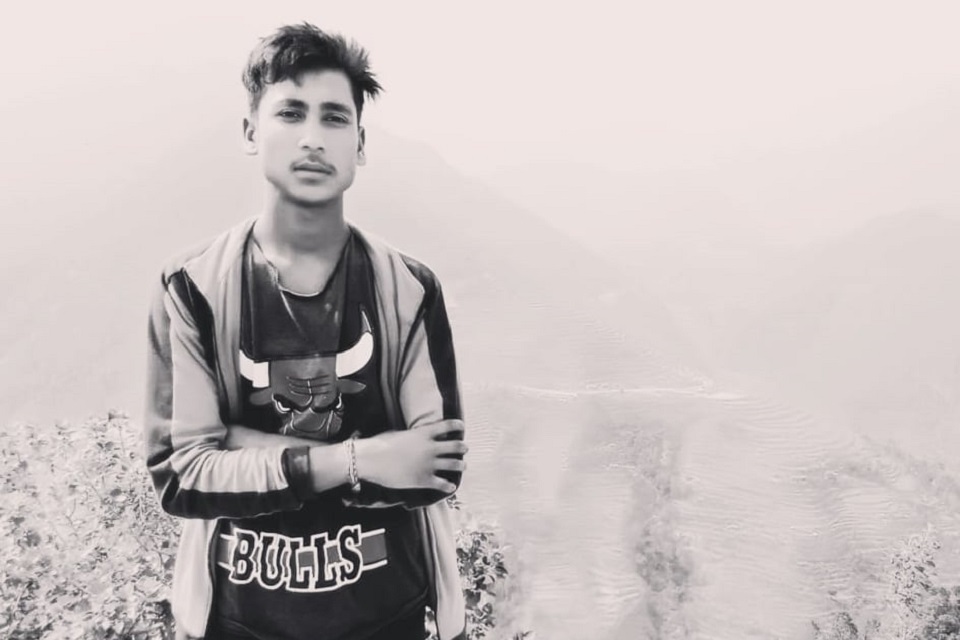
KATHMANDU, June 17: Their close friends from the non-Dalit community, whenever took them to their house, there would be a deal before they reach the doorstep. “Please don't tell your surname,” the Dalits would be told. Falling in love, accidently or thoughtfully, without being caste conscious is always a nightmare for them. They have dozens of told and untold stories hidden in their souls that continue to haunt them. And the biggest torture is that they know their children will not get any better world to live in.
Republica talked to four Dalit youths this week, and each of them have bitter memories to share from their childhood till date. Well-educated families have looked down upon them; and many human rights activists have hesitated to give them due respect. Finding apartments in rent in the busy city of Kathmandu or elsewhere in the country is a painful job, and humiliations by fellow students in colleges are still rampant. They have found the society's response to the tragic Rukum incident equally hollow.
Even though people talked about it a lot in the social media and many expressed sorry for the death of the six young boys at the hand of so-called higher-caste people in a small village of West Rukum, the Dalit youths call the country's rage aftermath a mild one. According to them, there was condemnation of the killings, but the focus could not clearly be the caste system which was the root cause of the barbaric behavior against the boys.
They told Republica that the mindset of the people belonging to the so-called 'higher-castes' regarding Dalits is somewhat still the same and dismantling this tall, solid belief is not within the capacity of Dalits alone. This apathy or a silent support to caste-based division in the society is going to invite many more tragic cases, according to them. They told that the story of Nawarj BK has not given the general people any strong message that it is now time to get rid of caste discrimination as much as it has warned Dalits instead that they shouldn't love or marry 'a higher caste' member. Here are excerpts of what they told Republica:
Many liked to overlook caste factor

Rita Pariyar
When society turns rather mute over things that should have brought a hurricane, as a Dalit youth I feel so heartless. I cannot say that there is no support at all. Some showed sympathy, empathy, and concerns. But we expected an outcry, a very strong one. What does it take for that response? If not today, over such a collectively hatched crime, when again? Even if some youths came to the road, the protests were not for this issue. Some even tried to call it a general crime case. Generalizing it and choosing to remain oblivious of caste factor here does not help. It only makes our battle for an equal society much more difficult. We have to accept that untouchability or our faith in the caste system as we practice here is such a disgrace to our society. If you talk about activists from non-Dalit community, many have spoken just for the sake of their job. What we desperately need today is the openness of mind and heart and a real acceptance. (Rita is a UK-returnee Dalit activist)
Hashtag DalitLivesMatter could not gain momentum
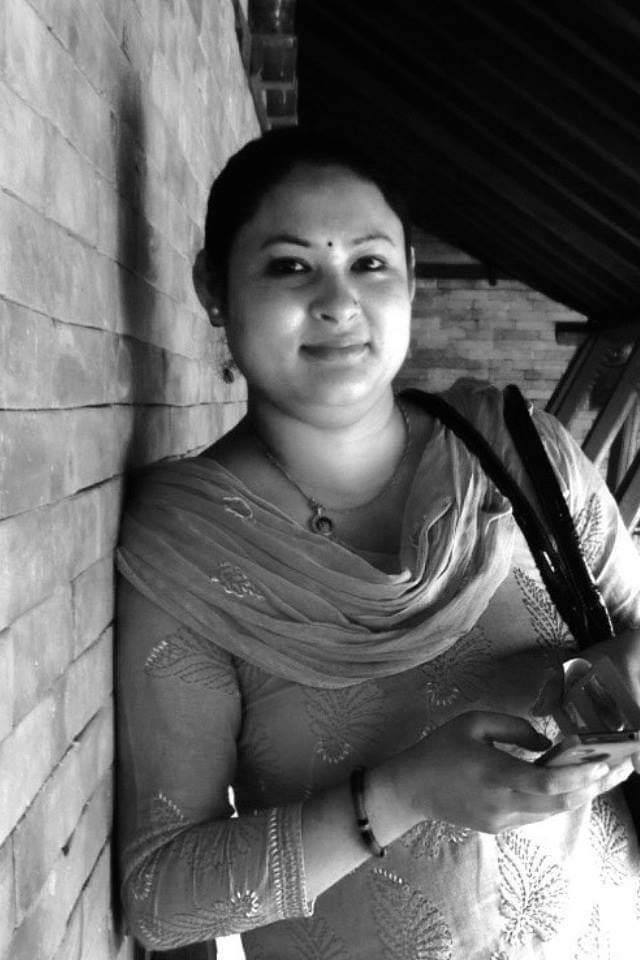
Bindu Pariyar
We, Dalits, had also started a hashtag Dalit’s life matter in social media. But it did not become viral. Few people took interest in it. In the USA, people’s outrage over the killing of a black man George Floyd brought a different wave that came even this far. But here, six youths were killed brutally and this failed to boil our blood. We have once again missed a chance to hit the rigid mindset. We have again failed to take a serious step toward awakening the society. For some NGOs or fake activists, the more there is discrimination, more they think they can thrive. So we can not trust such bodies blindly either. I have worked with them, and I know their realities. The Rukum incident should have forced us to contemplate but I don’t see that happening.
(Bindu Pariyar is a Kathmandu based human rights activist)
Non Dalits have not owned the pains of the Dalit community
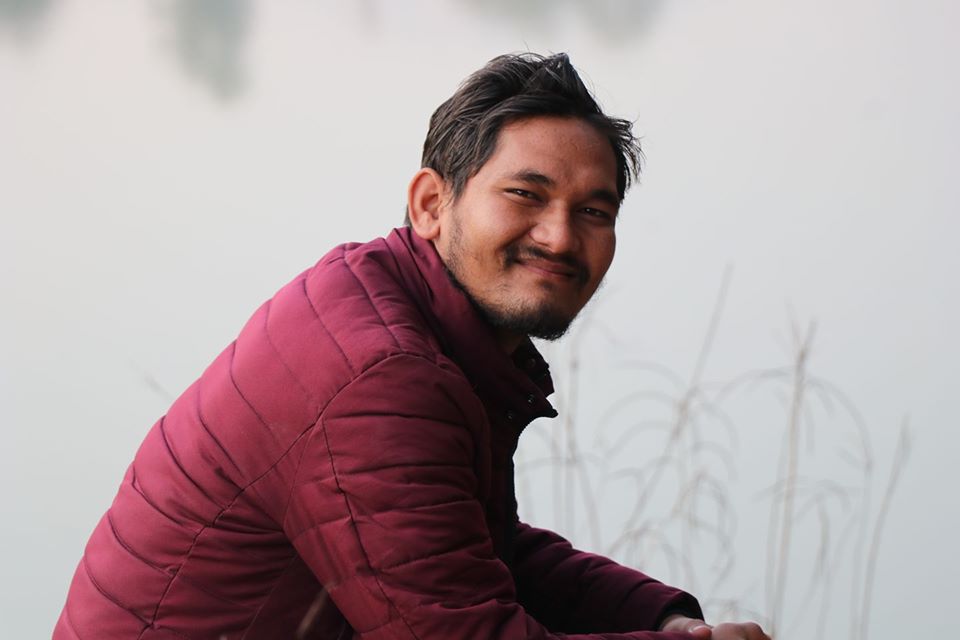
Vijay BK
Just recently we saw youths hitting streets across the country and many sections of the society praised it. They were concerned about corona response and other corruption related issues. Such things directly affect them. But the issue of Dalits doesn’t affect the non-Dalits directly. Until and unless it becomes your issue, you will not speak about it. You can expect such a voice for change only in a well-educated civil society. The caste system is so deeply entrenched in our social life that a small force cannot make a difference. Even the decade-long insurgency which was for an equal society could not break the walls. So, I urge people to own the issue. For the sake of a just and peaceful society, real change makers should come forward. It takes a tremendous effort to make Dalits a human here, or else we will always remain Dalits who are untouchables.
Education could not bridge the gap
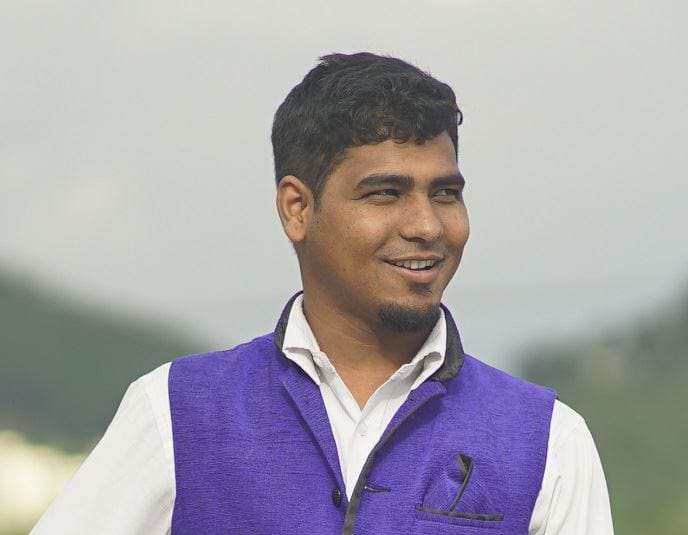
Kiran BK
Our hope is that education among people could bring changes. We expect that educated people have a different eye to look at the society and understand things. But the way our society remains stagnant regarding crucial social debates raises questions over the quality and significance of education itself. The Rukum incident was massively reported by the mainstream media and it was also enjoyed by social media users across different age segments. But let me tell you it has not shaken a leaf. If you ask me whether people are now more open, more tolerant or more aware regarding caste barriers, the answer is no. This very incident, which has different aspects, has the caste factor at its core. A boy has simply loved a girl, the relationship is rather long. And families on both sides know it. Why that much of hatred in the hearts then? Why collective rage over the boys of such a young age? They could be taken in control and handed over to the police. But the problem lies in the mindset. The ego is heightened. Tomorrow, legal justice may be provided in this case, but are we ready for providing social justice?
You May Like This
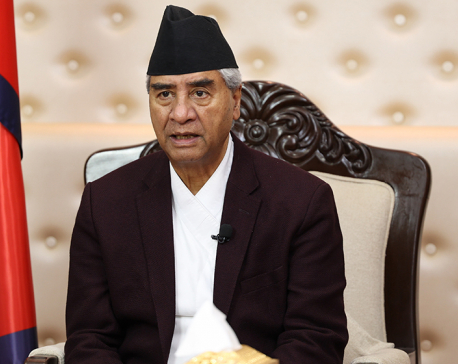
Caste discrimination, untouchability are crimes: PM Deuba
KATHMANDU, June 4: Prime Minister Sher Bahadur Deuba has said that caste discrimination and untouchability are not only immoral and... Read More...
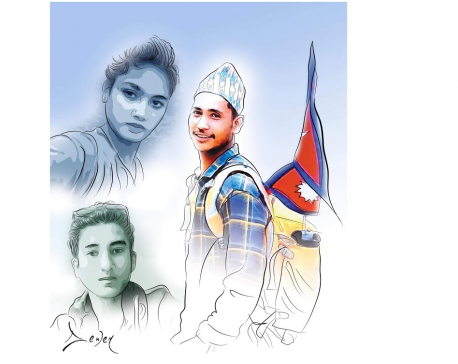
Govt decides to provide Rs 1 million each to the family of those killed in Soti incident
KATHMANDU, Aug 12: Government has decided to compensate the families of the deceased in the infamous Soti incident in West... Read More...
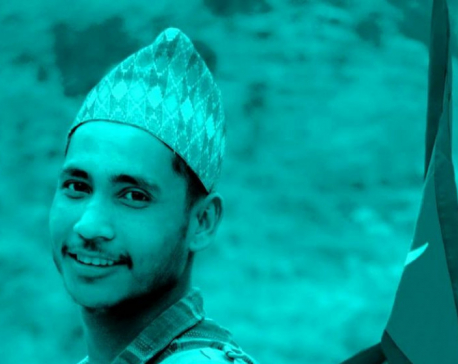
How ‘communists’ betrayed Nepal’s Dalits
During the People’s War (1996-2006), I was working as the secretary of People's Power Consolidation Department in the base area.... Read More...





Just In
- NRB introduces cautiously flexible measures to address ongoing slowdown in various economic sectors
- Forced Covid-19 cremations: is it too late for redemption?
- NRB to provide collateral-free loans to foreign employment seekers
- NEB to publish Grade 12 results next week
- Body handover begins; Relatives remain dissatisfied with insurance, compensation amount
- NC defers its plan to join Koshi govt
- NRB to review microfinance loan interest rate
- 134 dead in floods and landslides since onset of monsoon this year












Leave A Comment